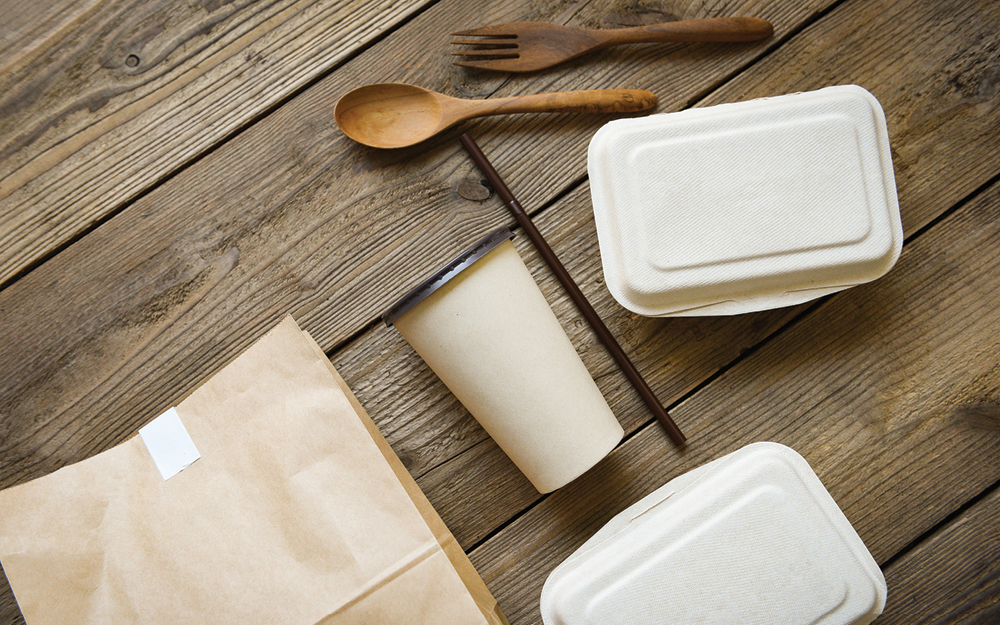Regional vs Metropolitan Property Investment: Which is Right for You?
Key Takeaways Regional properties in Australia typically offer higher rental yields (around 5-7%) compared to metropolitan areas (3-4%),...

Even with the varying degree of lockdowns experienced across Australia in 2020 and 2021, the world remains largely at our fingertips. In fact, through the pandemic the use of our phones or computers to organise dinner, groceries, shopping, and workout programs only increased.
Technology has undoubtedly enabled greater convenience in our lives. However, it’s important to recognise that convenience may come at a cost. It’s worth asking yourself if you would you still opt for the convenience if these costs were known up front?
We know that convenience often comes with an additional price, whether that be delivery fees to have that item arrive straight to our door rather than battling the shopping centre car park, or paying for an Uber on that night out rather than catching public transport.
With many of us living busy lives, home cooking is often what falls off our priority list – stats show that Aussies spent $2.6 billion on food and drink orders through food delivery companies in 2021.i
And shopping has never been easier; with a few clicks you can purchase items at any time of the day or night, no matter where you are. Pre-pandemic stats from Australia Post show that 40 million parcels were delivered in December 2019, and with many housebound due to restrictions the following year, in November 2020 online shopping had grown more than 45% year on year in Australia.ii,iii
Convenience often gets prioritised over cost, yet when you do the sums, you may be shocked to know how much you are paying for this privilege. You might have the sinking realisation that all those Uber trips or Deliveroo dinners may have been better spent paying off your mortgage or going on holiday.
Yet that doesn’t mean that convenience needs to be abandoned for the sake of frugality. The key is to recognise where it adds value.
For instance, shopping online may come with an extra cost due to a delivery fee, but it saves you time and stress facing the crowds at the shops. An online fitness program is more expensive than simply running around the block or investing in dumbbells, but it can keep you motivated and more likely to meet your goals.
It’s worth thinking about what will add to your life as well. Putting time aside to cook meals can be a worthwhile pursuit – it can bring the family together or give you some solo time to unwind – or it could add to your stress. Understanding what fits in with your lifestyle will help determine whether you’re better off making your own meals or ordering them in.
Consider what is important to you. If you want to improve your health by eating wholesome, fresh food, being on a first-name basis with your local fish and chip shop is at odds with that. Visiting a farmers’ market on the weekend, where you can select your own produce, will suit you better than doing a big grocery shop online.
Logging what you spend will make what you’re paying for clearer, which will help with comparisons. If you get takeaway three times a week, how much would you save by replacing even just one meal with a home-cooked alternative? Would the amount you pay for registration for the second car you barely use be better off spent on an e-bike?
There are many expense trackers you can use, such as Mint or Pocketbook, to help keep track of how much you are spending and on what. Once you have the figures, look for alternatives for things that aren’t bringing you the value you would expect.
If the money being spent isn’t adding satisfaction or making your life run more smoothly, you’re not paying for convenience – you’re paying for something you don’t need. By streamlining your expenses, you will not only save money but add to your life’s contentment with conveniences that make a difference.
i https://www.moneyaustralia.net/uber-eats-statistics/
iii https://auspost.com.au/business/business-ideas/selling-online/delivering-online-shopping-boom
Key Takeaways Regional properties in Australia typically offer higher rental yields (around 5-7%) compared to metropolitan areas (3-4%),...
Key Takeaways CommBank raised fixed home loan rates in January 2026, anticipating potential RBA rate hikes. Banks typically adjust fixed...